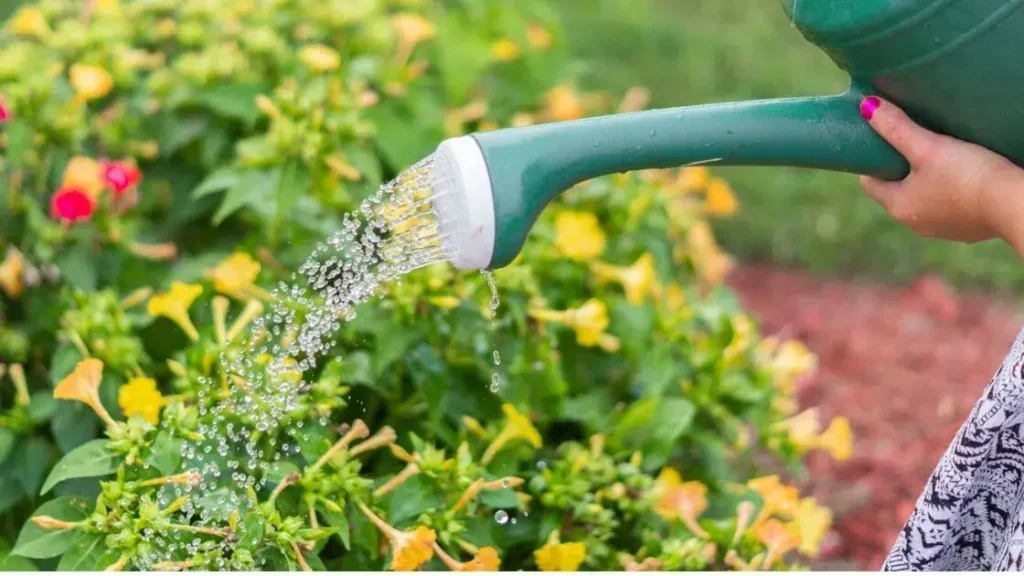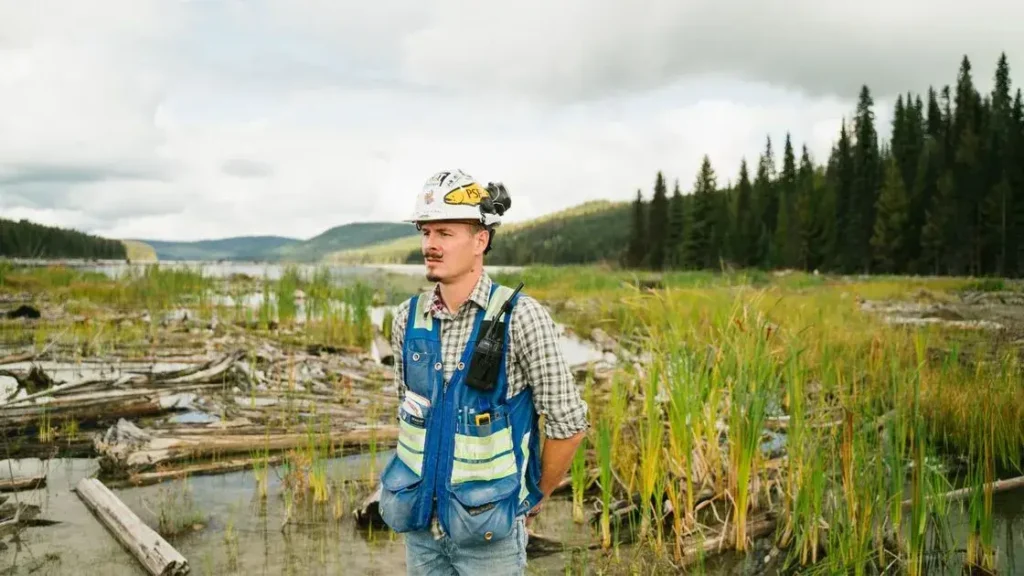Startups Working to Save the World by Their Innovations
Startups Working to Save the World by Their Innovations Many threats create environmental disturbances, and startups work to combat any environmental issues. Here is a brief on some top startups. When any harmful material enters the atmosphere, it is known as pollution. The materials are called pollutants. They can be natural or can be caused by human activity. This damages the air, water, soil, land etc. Environmental pollution can cause a lot of harm and can cause various diseases as well. It is why startups that focus on environmental issues are highly commended. They help make the world better with whatever resources they own. What are Startups? The world is inching towards irreversible change in climate and other global problems that disrupt society. Issues like overpopulation, climate change, waste management, water depravity etc., are some of the major problems that need immediate care. Startups are newly formed business ventures that are focused on their project. Environmental startups ensure that the business uses its technology and resources to affect these issues positively and helps find solutions for the same. They aim not to harm the environment but to help it have a positive change. There are many options for sustainable business, and they can be present in all fields. These startups are also called ‘Green startups’. They utilize their technology with the help of sustainability and various green practices to help everyone have a better future. Many businesses and organizations take this route. Sustainability is the way to go for a better future. The businesses that follow this are also appreciated, and consumers have an excellent opinion. 21 Leading Environmental Startups Molekule This startup is known for its award-winning technology. They focus on purifying the air. Their system uses innovative technology to break down the pollutants that cause air pollution. Viruses, chemicals and other pollutants are destroyed at a molecular level. Their air purifier ensures that it protects against airborne viruses. Treeapp This extremely sustainable startup focuses on planting trees, much like its name. With the app, anyone can support any reforestation project, and they help plant the tree while being able to look at the global impact—Treeapp partners with many other organizations that have similar views. EcoCart This startup also partners with many other businesses. It is a browser extension, and users are rewarded with points. They utilize the startups to plant more trees and to provide clean water. Skeleton Technologies The idea of this startup is to create a lasting change in the energy storage industry. Their resources develop various innovations that are environmental and help in fighting climate change. They made the greatest advancement in the industry in the last 20 years. Level-Ten Energy This startup ensures that the buyers and sellers of renewable energy have the most significant marketplace. Their projects have made it easier for smaller companies to invest. Their real-time project and the data help find the best deals in the market. Re-adaptive This company is a service provider for energy. They help in installing and funding equipment that generates energy. They also have energy-saving solutions. They aim to have energy efficiency at an enterprise scale. Absolar Solutions The main focus of this startup is to de-carbonize properties. Their use of technology and their team have made this an award-winning startup. They help their customers realize the potential of solar energy, and they help with installation. Fuergy This startup focuses on finding different energy sources; they create a smooth transition and make it a good deal. They have developed many hardware devices. Fuergy utilizes AI to help correct energy consumption and help in reducing the cost of energy for its users. Bottle+ This industry focuses on reducing the waste created by packaged water bottles. They have innovated a bottle which turns normal water into sparkling water with the help of the reusable water bottle. Users simply have to refill their widely available tanks. Next Gen A plant-based start-up helps in creating different alternatives to animal products. The existing product created for chicken by Next Gen produces about 82% less water, and this also tremendously reduces the percentage of greenhouse gas. 31 Bits This jewellery startup has a twist to it. The materials utilized to create the products are recycled materials. This sustainable business has Ugandan artisans who use recycled material to turn it into beautiful jewellery pieces. Encamp They use their tracking and workflow data to create a centralized platform; They evaluate regulations and helios in submitting reports. It is a time saver, and its platform is award-winning for its creative ideas. Cirrus Shower Ltd This startup creates a product which is usable for everyday use. The nozzles created by them can help in reducing the consumption of water, and this helps increase the efficiency of energy. They also have different types of nozzles, which helps the consumer feel comfy with aromatherapy. Laska Their primary mission is to help convert waste into the most effective solution possible. They come up with innovative ways that are both eco-friendly and sustainable. Their initiative has successfully assisted in eliminating the adverse effects on society, and their up cycling method can help reduce carbon dioxide emissions. Skeleton Technologies As climate change turns for the worst, this startup is known for its innovative ways. They focus on electronic waste and various methods to recycle and save everything. In addition to providing solutions for recycling e-waste, they employ people that are often faced with barriers to employment. Mosaic This startup focuses mainly on solar energy; They do their best to make solar energy affordable. By doing so, more users will be able to utilize solar energy and the types of equipment required to harness it; they have used their resources to help reduce climate change. Krill Design This environmental startup focuses on food waste. They utilize the waste and transform it into biomaterials. Krill Design uses materials to design based on the requirements and needs. This sector is called eco-design and has much potential and helps the environment. Algenesis Materials
Startups Working to Save the World by Their Innovations Read More »



